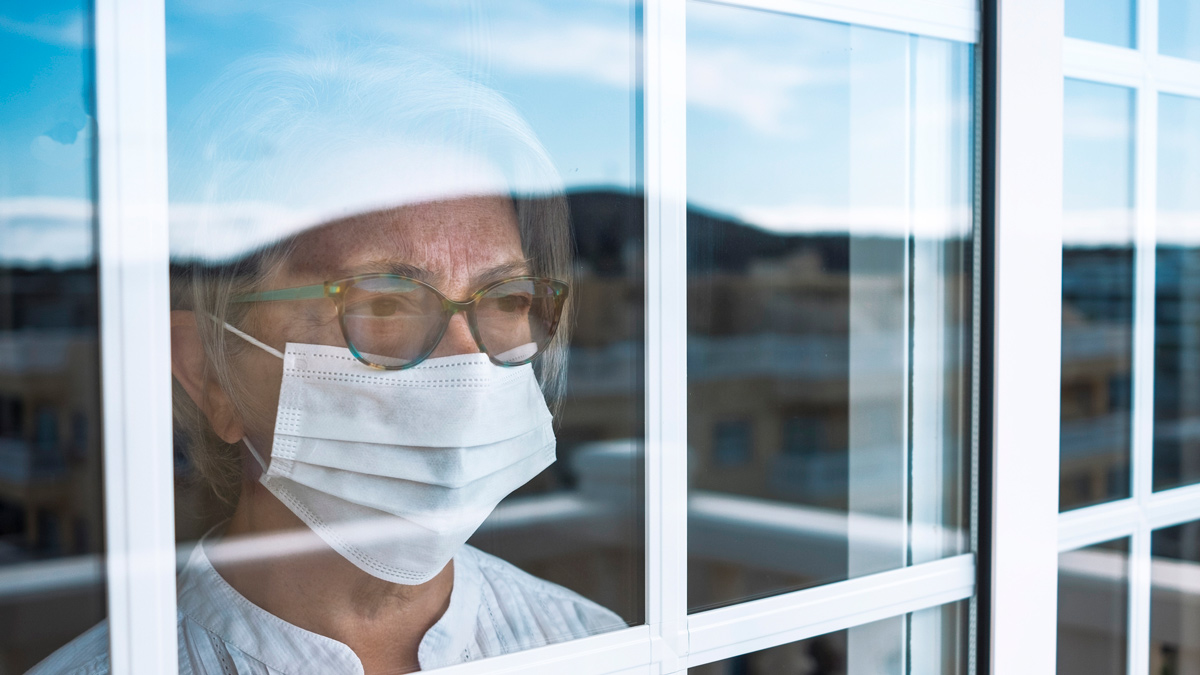Coronavirus pharma news roundup – 19/06/20

We highlight the top coronavirus news stories in pharma R&D, digital and market access news from the past week.
- The US has been left with a huge stockpile of hydroxychloroquine, after the World Health Organization abandoned research into the drug as a treatment for COVID-19. The UK’s drugs regulator has suspended recruitment to COVID-19 trials involving the drug, saying that a review of study data did not provide evidence of any meaningful mortality benefit.
- Meanwhile, the FDA has revoked its Emergency Use Authorization for hydroxychloroquine, drawing the ire of president Donald Trump who has repeatedly backed the drug despite mounting evidence that it does not work against the disease.
- Gilead Sciences has said it will start trials soon of its antiviral drug remdesivir in children – from newborns to adolescents – who have moderate-to-severe COVID-19.
- Eli Lilly has enrolled the first patient into a phase 3 trial that is seeking to repurpose arthritis drug Olumiant as a treatment for people with COVID-19.
- The answer to improving survival rates in people with severe respiratory complications caused by COVID-19 is a generic steroid drug that can be bought for a few pounds.
- Researchers from Imperial College London have begun clinical trials of a new coronavirus vaccine, backed by funding from the UK government and philanthropic donations.
- A UK research group has been given £2.2 million in funding to seek out additional drugs to treat COVID-19, in case the first wave of therapies fail to show a benefit.
- In a recent trial Roche's inflammatory diseases drug Actemra failed to help patients with COVID-19 pneumonia.
- AstraZeneca has followed through on its pledge to provide its COVID-19 vaccine at cost during the pandemic, saying it has agreed to supply 400m doses to the European Inclusive Vaccines Alliance (IVA).
- The UK government has given up on its troubled coronavirus contact-tracing app and will instead develop a new one based on a platform developed by Apple and Google.
- People who get information about coronavirus from social media platforms such as Facebook and YouTube are more likely to believe conspiracy theories about COVID-19 and to have broken lockdown rules, research has found.











